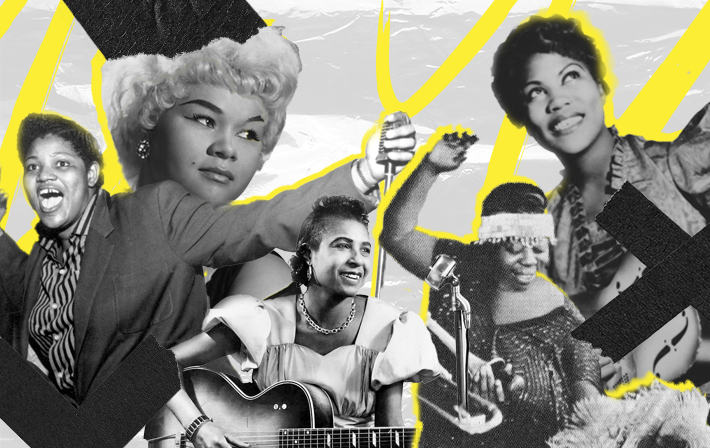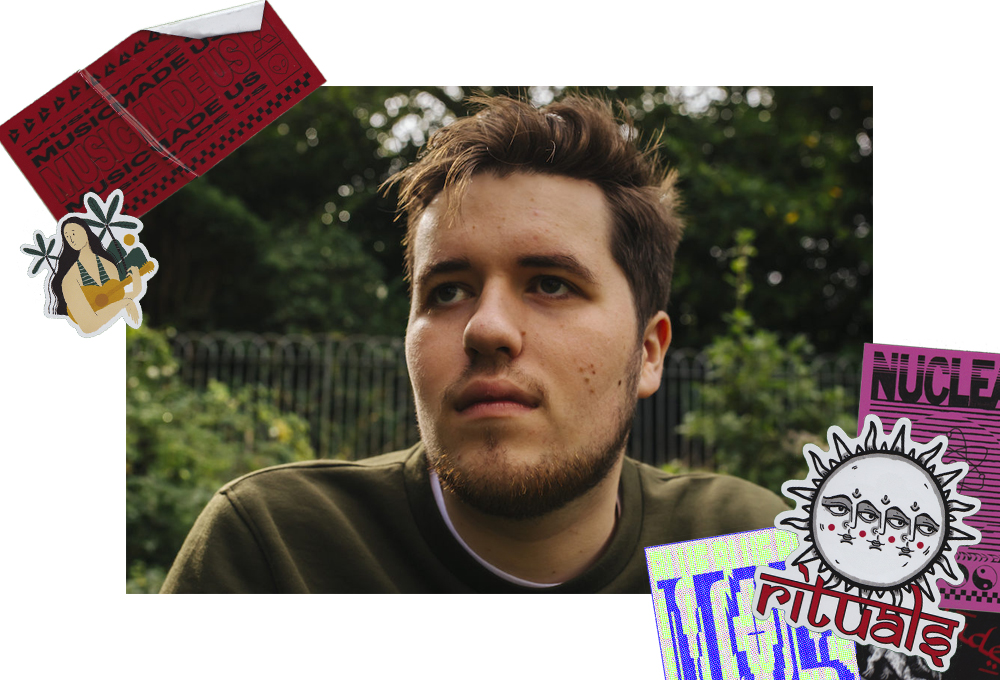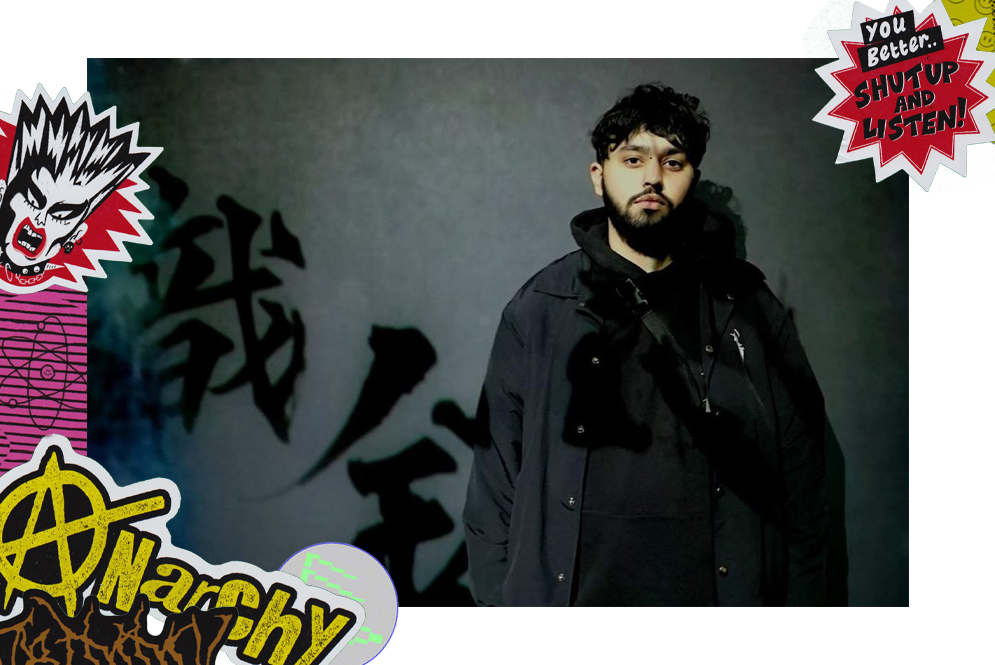Hayley Jordan from BIMM Institute Birmingham explores the real history of rock’n’roll – and the five Black women who helped define this legendary genre.
When we think about rock‘n’roll (both as a culture and a genre), it’s likely that the image your mind conjures up is of a white man with slicked-back hair and a leather jacket. However, in the early 1950s, Black rock’n’roll artists climbed the Billboard charts. Until the genre became whitewashed, that is.
White artists started putting out versions of songs originally by Black artists, which would be considered plagiarism by today’s standards. We lost those very pioneers who created the genre to the history books.
This Black History Month, I encourage you to seek those artists that changed the face of modern-day music and culture to discover the real history of rock’n’roll – not the distorted version created by the media. What you’ll find is some of the best musicians of the last century, and one of the world’s most popular genres as it was intended to be played.
Let me introduce you to five Black women that helped create rock’n’roll:
- Sister Rosetta Tharpe
Often referred to as the Godmother of rock’n’roll, Sister Rosetta Tharpe created a unique blend of gospel and spiritual lyricism whilst playing electric guitar. She was among the first recording artists to use heavy distortion on her guitar, arguably making her one of the first to inspire electric blues. Notably, she became an influence to artists such as Johnny Cash, Chuck Berry, Carl Perkins and Little Richard, to name a few.
- Big Mama Thornton
You may know the song ‘Hound Dog’ from a later version recorded by Elvis Presley, but did you know a Black woman recorded it first? Big Mama Thornton’s version, the original, reached the number one spot for seven weeks on the Billboard R&B Chart.
When you listen to Big Mama Thornton’s version, it’s easy to see why it’s noted as being an essential song for rock’n’roll music with the electric guitar at the forefront of instrumentation and a vocal line that sinks its teeth into the song.
- Ma Rainey
Though Ma Rainey passed away in 1939, a good decade before rock’n’roll became what we know it, she still had a lasting impact on the genre. Her take on classic blues with an expressive vocal style and phrasing would inspire Blues vocalists for decades to come and pave the way for women to take centre stage in a male-dominated genre. Ma Rainey documented what life was like as a Black female in the 1920s.
- Etta James
Perhaps one of the better known Black women in rock’n’roll, Etta James, would have one of the most successful commercial careers within this genre. In a time where Black music would not get played on radio or television, James, who was signed to Chess Records, became one of the first Black female artists to cross over into the mainstream market.
In 1993, James became inducted into the Rock & Roll Hall of Fame. Her unmistakable deep earthy vocal tone has inspired the likes of Christina Aguilera, Diana Ross, Rita Ora, Paloma Faith and Joss Stone.
- Memphis Minnie
Receiving her first guitar aged eight, Memphis Minnie would record over 200 songs. Running away from home at just 13 years old, she could be seen on the street corners of Memphis until eventually touring the South. She was eventually spotted outside a barbershop by an A&R scout and signed to Columbia Records, earning a career spanning three decades. She’s often described as being the most popular female country Blues singer of all time.
When you listen to rock’n’roll or one of the many sub-genres that have been birthed from it, cast a thought back to the Black women who not only helped to create it but had to fight for it and play it better than both their white and male counterparts. They didn’t rip up the rock’n’roll rule book. They wrote it.



